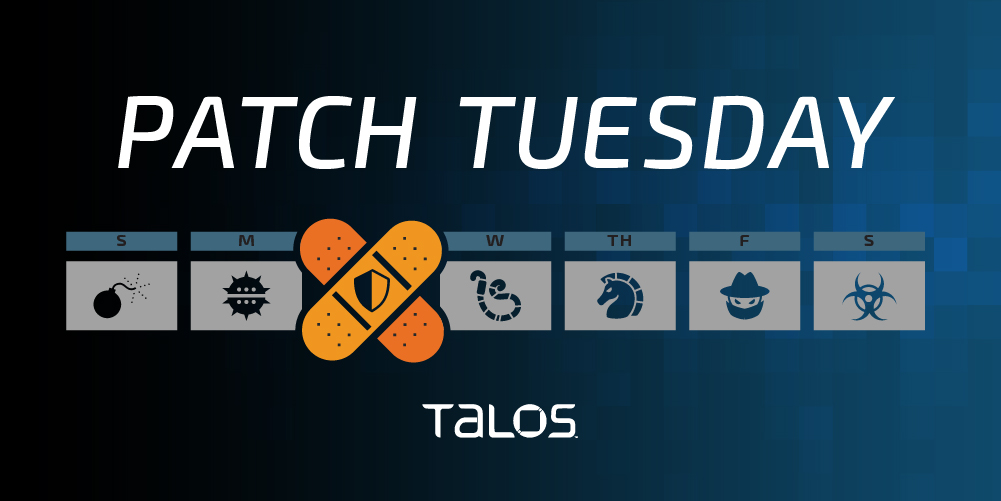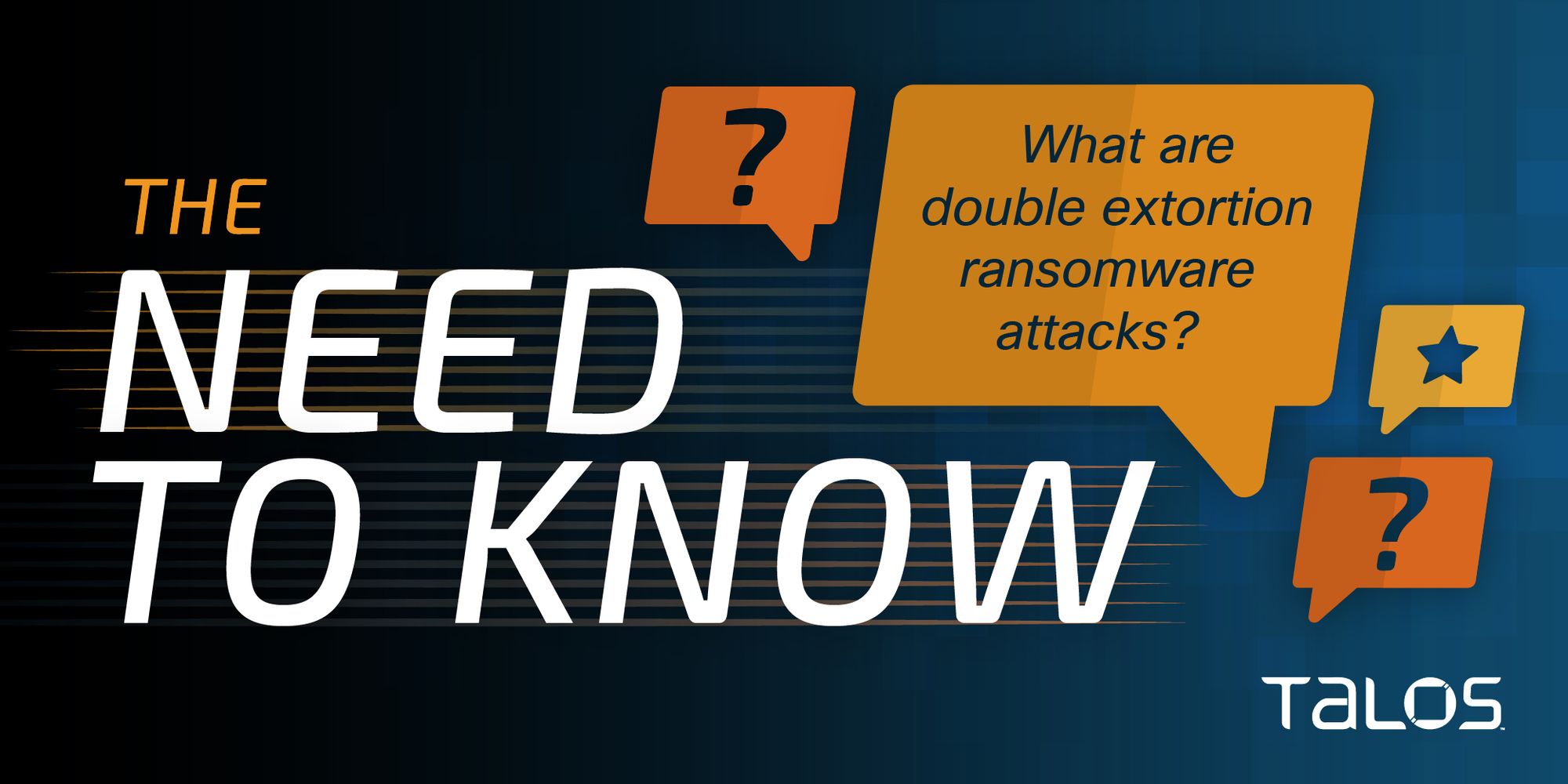QR codes are relevant again for everyone from diners to threat actors
QR codes have always served as a way for bad actors to spread malware or even your friendly neighborhood prankster to share Rick Astley’s most famous music video.
Microsoft discloses more than 130 vulnerabilities as part of July’s Patch Tuesday, four exploited in the wild
Four of the disclosed vulnerabilities — albeit “important” ones — have been detected being exploited in the wild: CVE-2023-32046, CVE-2023-32049, CVE-2023-35311 and CVE-2023-36874.
Gergana Karadzhova-Dangela wants to send the ladder back down to the next generation of incident responders
Karadzhova-Dangela's family put her on a plane to Massachusetts without a return ticket and it wasn't until the IT job gave her enough disposable income to afford plane tickets back and forth to Bulgaria that she could see her family.
DDoS attacks want to make sure you haven’t forgotten about them
The economic damage of DDoS attacks is tough to measure — who can really say how much money Blizzard missed out on by not having players in “Diablo IV” for a few hours spending money on microtransactions or choosing to buy the game?
New video provides a behind-the-scenes look at Talos ransomware hunters
Apple's emergency patch, AI-generated art and more security headlines from the past week.
Cybersecurity hotlines at colleges could go a long way toward filling the skills gap
These clinics offers pro-bono cybersecurity services — like incident response, general advice and ransomware defense — to community organizations, non-profits and small businesses that normally couldn’t afford to pay a private company for these same services.
URLs have always been a great hiding place for threat actors
The information leak threats are certainly new, but the education and messaging from security evangelists (and even just anyone trying to educate an older or less security-savvy family member) doesn’t change.
What does it mean when ransomware actors use “double extortion” tactics?
RA Group also introduces a new wrinkle to double extortion attacks: the threat that it will sell the data on the dark web. Double extortion tactics are known for leaking stolen data, but the sale is a potentially new gambit.
Now’s not the time to take our foot off the gas when it comes to fighting disinformation online
YouTube released a statement that “we will stop removing content that advances false claims that widespread fraud, errors, or glitches occurred in the 2020 and other past US Presidential elections.”








